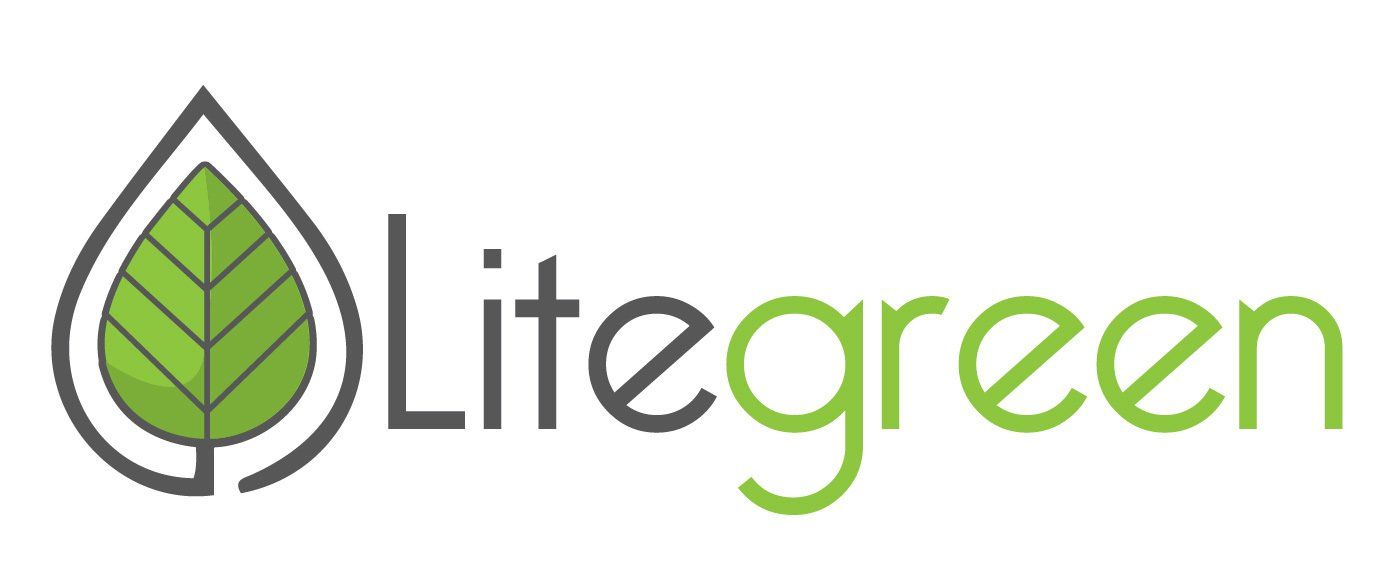New Government Business Support Campaign.
UK Government launches campaign to boost business energy efficiency while cutting back on payment support.
Have you heard about the recent UK Government's new campaign to help businesses improve their energy efficiency? The government has just launched a communication campaign aimed at small and medium-sized businesses to provide advice on low-cost or no-cost measures to reduce their energy bills.
This includes fitting LED lightbulbs, adjusting boiler flow temperatures, and using heating and lighting timers, among others.
The government also launched a new website showcasing case studies from different sectors and partnered with the British Chamber of Commerce and Federation of Small Businesses to run TV, radio, and social media adverts. The campaign is modelled after a similar one launched last year aimed at households called ‘It All Adds Up’.
Energy Efficiency Minister Lord Callanan said that improving energy efficiency can help businesses shield themselves from future energy price shocks while contributing to the UK's energy and climate goals.
But there is some concern from trade organisations about the recent scaling back of the Energy Bill Relief Scheme, which is aimed at reducing energy bills for businesses and households. The Federation of Small Businesses warns that its members could see their bills more than double due to pared-back support.
While some organisations are already aware of ways to boost their energy efficiency, others are missing out due to a lack of information. The new campaign seeks to address this issue by providing businesses with the necessary information to improve their energy efficiency.
So what do you think about the new campaign? Are you a business owner? Will you be taking advantage of this opportunity to reduce your energy bills?
Litegreen, an accredited organisation of Non-Domestic Energy Assessors (NDEA) and Display Energy Certificate (DEC) Assessors, plays an essential role in providing this advice to SME's across Wrexham & North Wales.
What does a Non-Domestic Energy Assessor do?
Litegreen Non-Domestic Energy Assessor (NDEA) are qualified to conduct an energy (SBEM/DSM) assessment and provide a legally valid Energy Performance Certificate (EPC) for any newly built or existing commercial building with complex heating, ventilation, and/or cooling systems. The assessment involves the use of Standard Assessment Procedure (SAP), Simplified Building Energy Model (SBEM), or Dynamic Simulation Model (DSM) software, to calculate the energy efficiency rating of the building.
An NDEA can provide a legally valid Energy Performance Certificate (EPC) for both newly constructed and existing commercial buildings. The EPC indicates the energy efficiency of a building and its carbon emissions on a scale of A to G, with A being the most efficient and G being the least efficient.
NDEAs are especially useful for buildings with complex heating, ventilation, and/or cooling systems, as they have the expertise to assess the energy efficiency of these systems and provide recommendations on how to improve them. The assessment can identify areas where energy is being wasted, such as through heat loss or inefficient lighting, and suggest measures to improve the building's energy efficiency, such as the installation of more efficient heating systems or better insulation
What does a DEC assessor do?
LitegreensDisplay Energy Certificate (DEC) Assessor assesses the energy use of commercial buildings and offers recommendations to occupants on how to reduce energy use, carbon emissions and save money.
A Display Energy Certificate (DEC) Assessor plays an important role in helping commercial building owners and occupants to reduce their energy usage and carbon emissions. As a certified professional, Litegreens DEC Assessors will evaluate the energy use of a commercial building and provide recommendations to occupants on how to make energy-efficient changes that can help them save money on their energy bills.
The DEC Assessor typically begins by gathering data on the building's energy usage, including heating, cooling, lighting, and other relevant systems. They will then analyze this data and compare it to similar buildings to assess the building's energy efficiency. Based on this analysis, the assessor will generate a Display Energy Certificate (DEC) rating for the building, which is a legal requirement for all public buildings over 250 square meters in the UK.
The DEC Assessor's work does not stop with the issuance of a rating certificate. Instead, they will work closely with building occupants to help them understand their energy usage and provide recommendations on how to reduce energy consumption and carbon emissions. These recommendations may include changes to the building's lighting, heating, ventilation, and air conditioning systems, as well as advice on renewable energy technologies and other energy-efficient measures.
By working with a DEC Assessor, building occupants can benefit from lower energy bills, improved comfort levels, and reduced environmental impact. Moreover, a building with a high DEC rating is likely to be more attractive to tenants and customers who are increasingly demanding environmentally sustainable buildings.
Thinking of grants to upgrade your homes energy efficiency?
Our local impartial experts can help.
We've helped homes and people across Wrexham & North Wales to navigate the world of grants to gain free energy efficiency measures such as:
- Boiler & central heating upgrades
- Loft insulation/upgrade
- Cavity & solid wall insulation
- Solar Panels
We are 100% impartial & have nothing to sell. If we think you could qualify, our Retofit home survey is also free.









